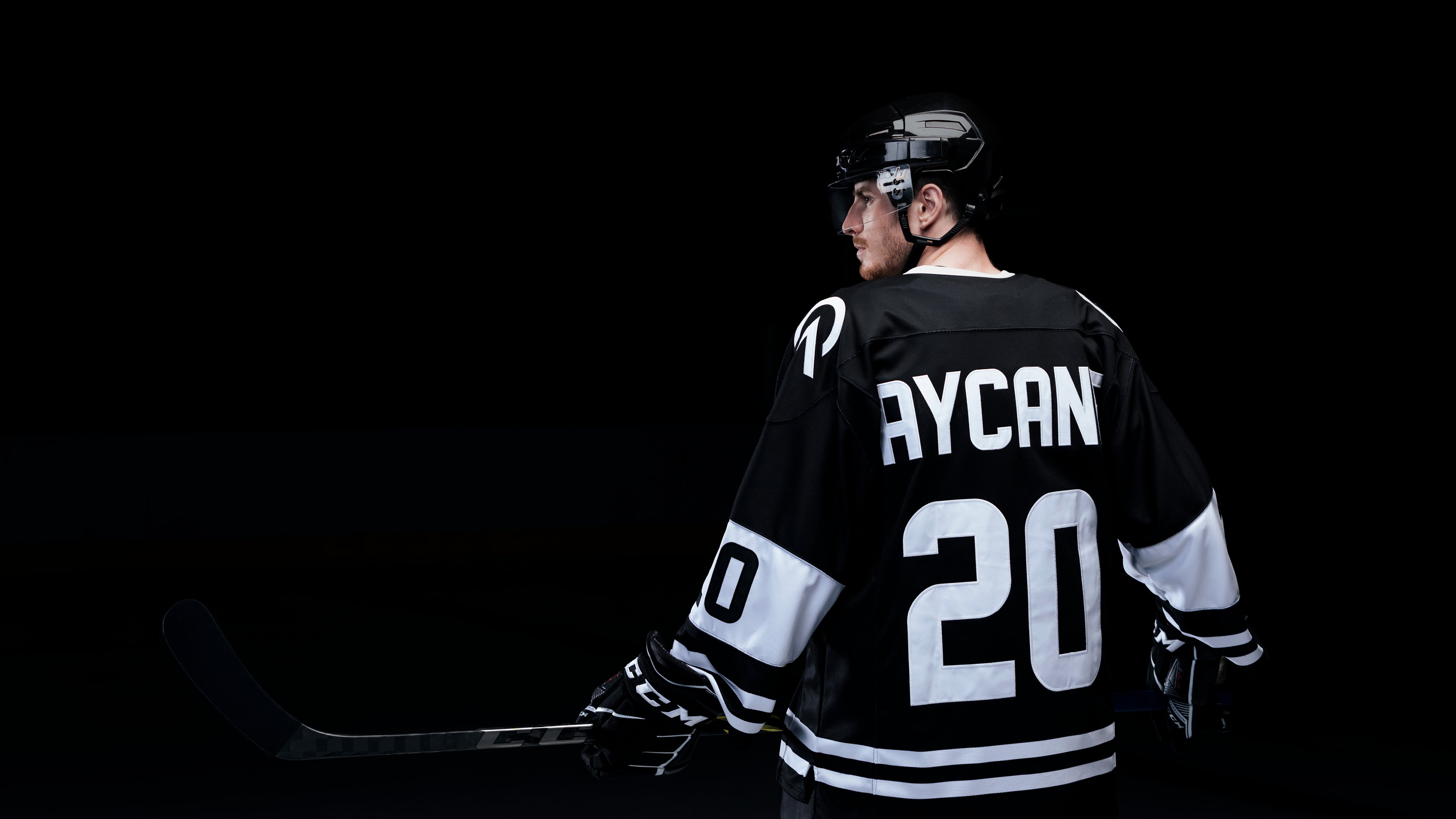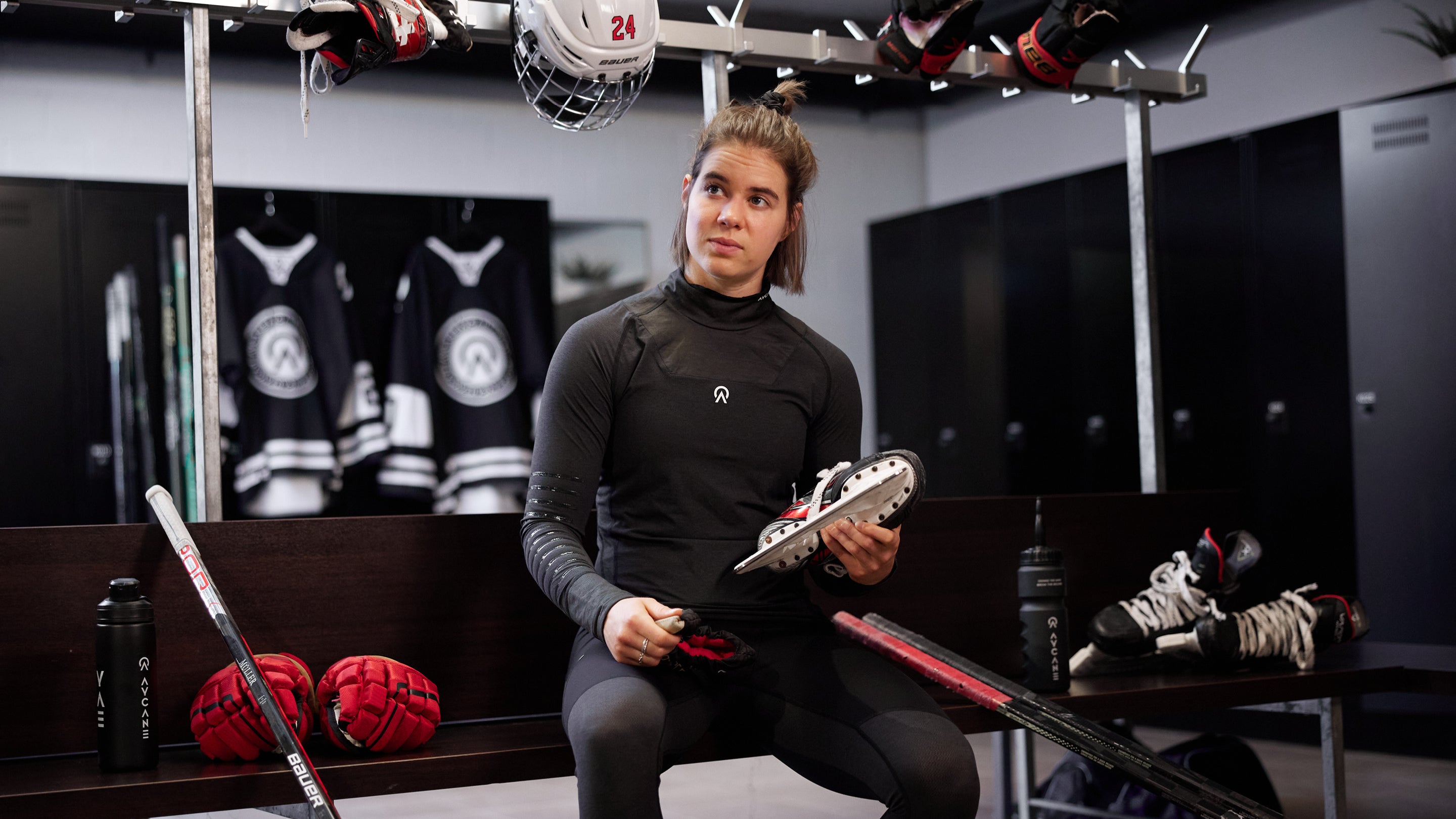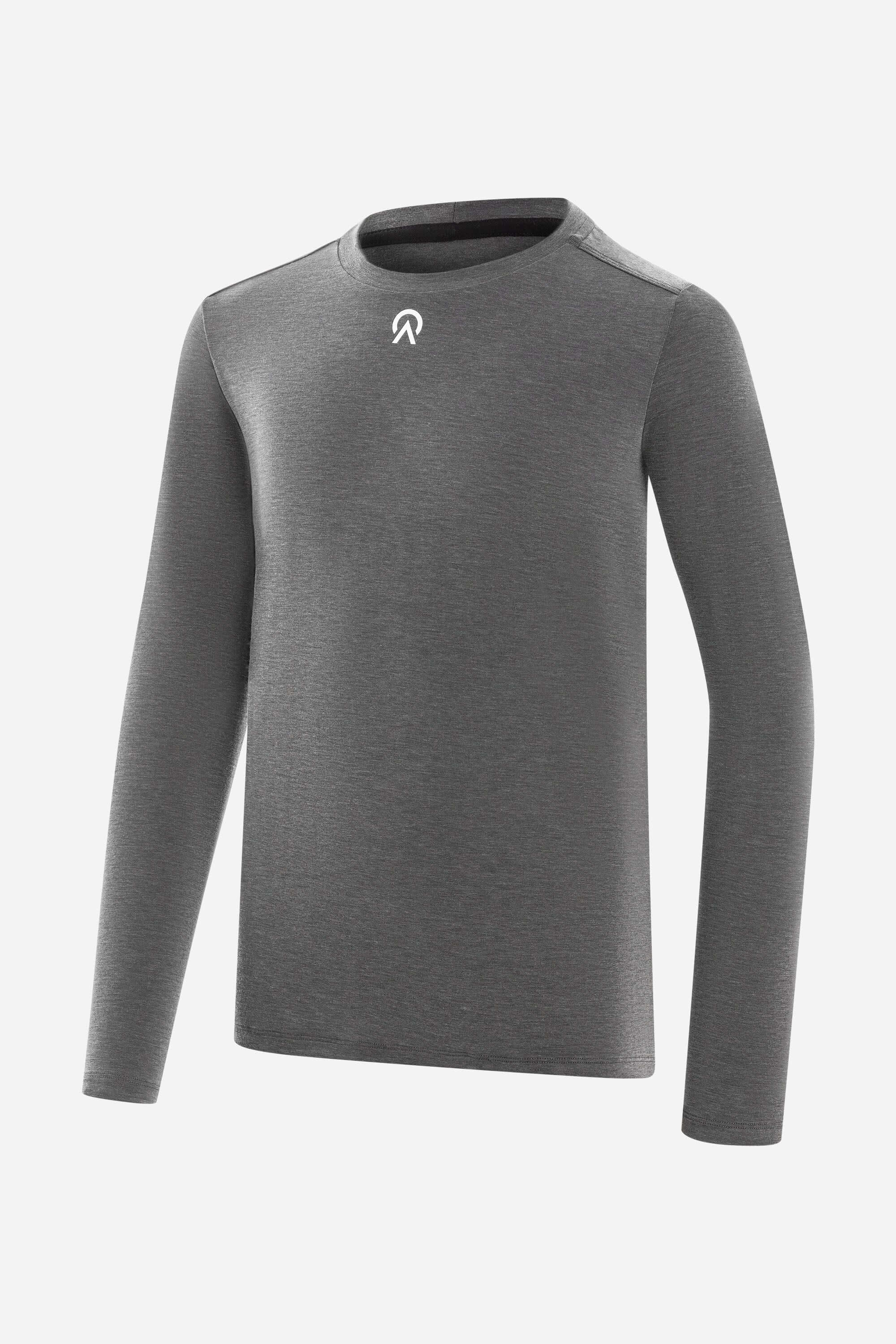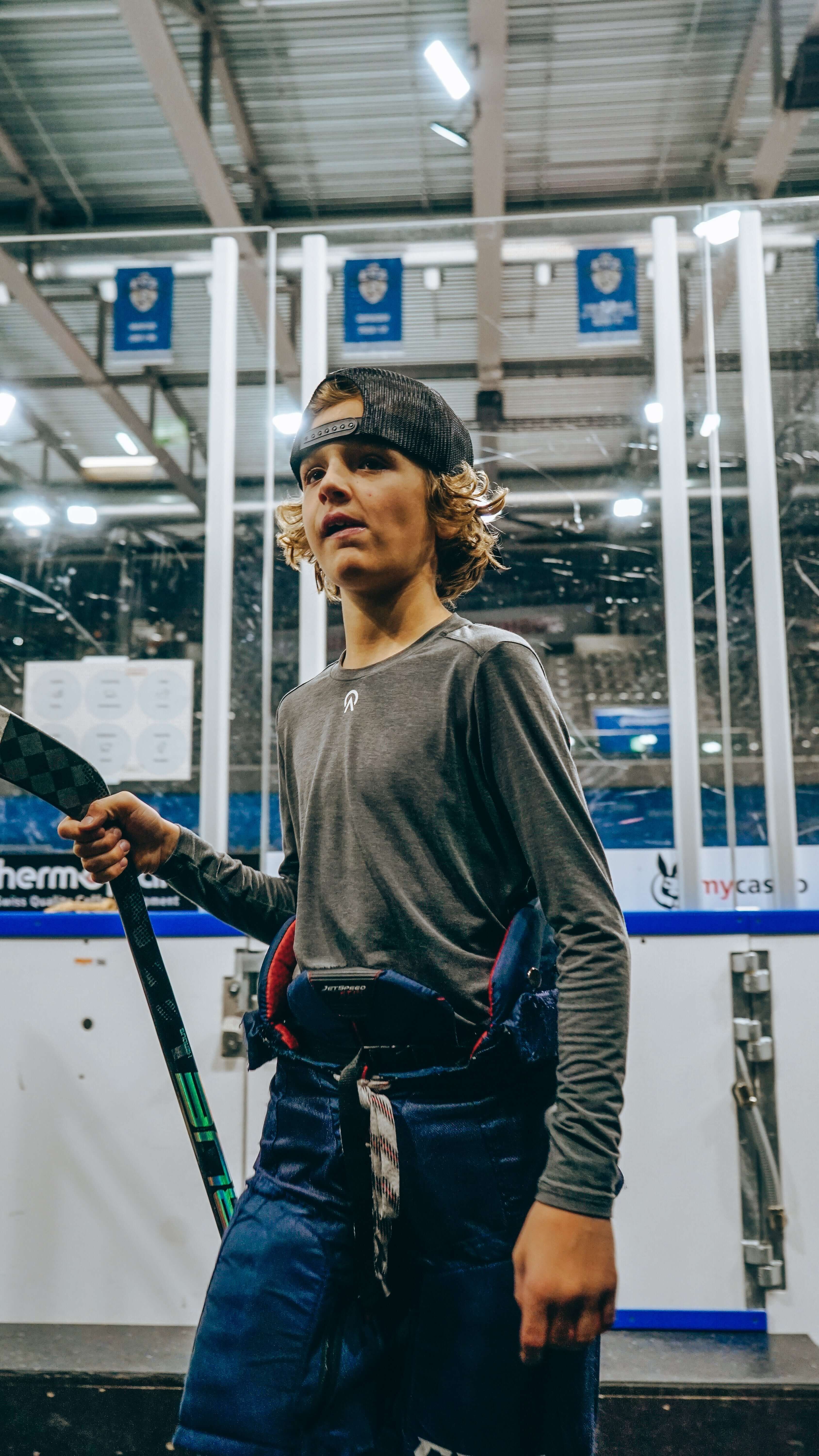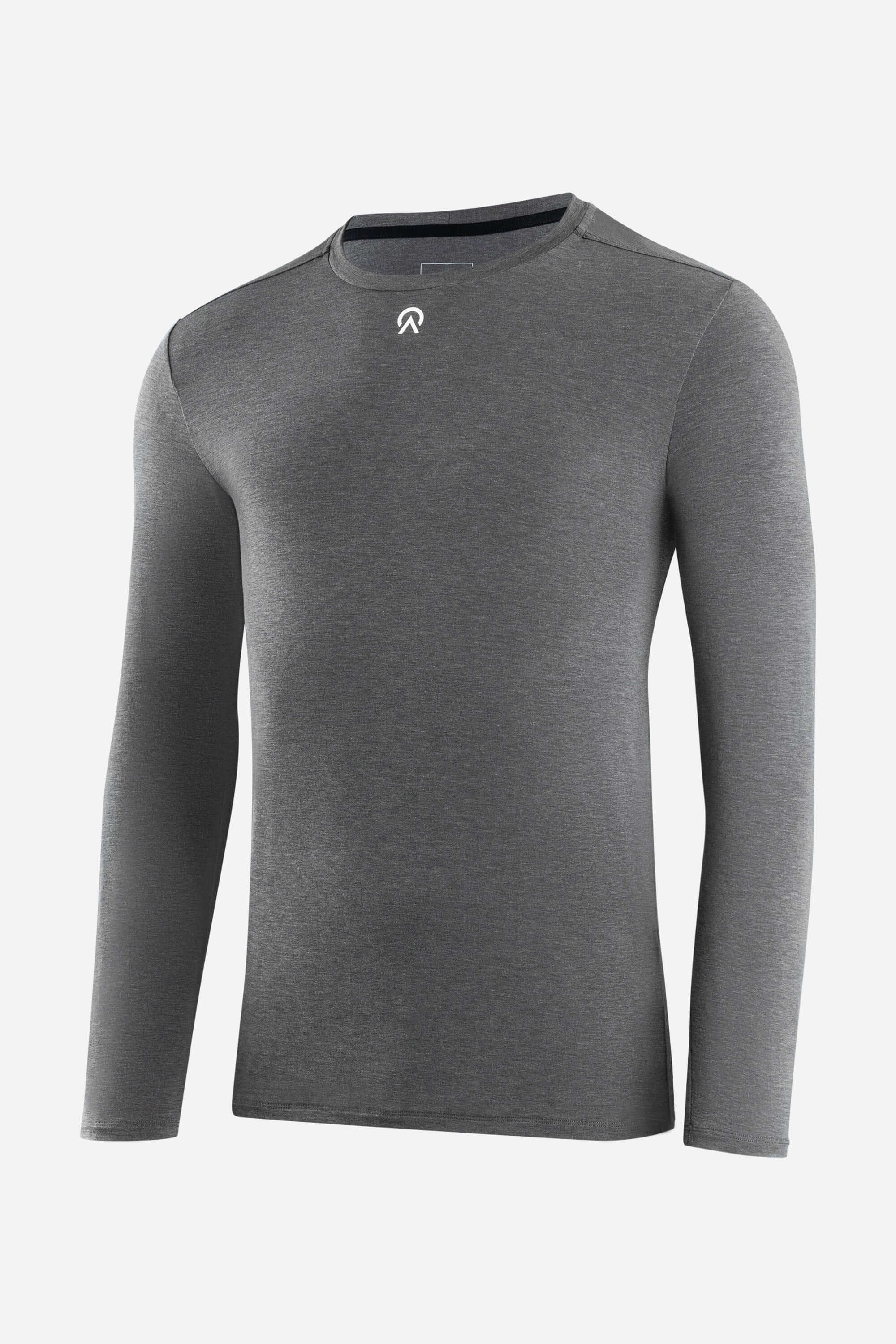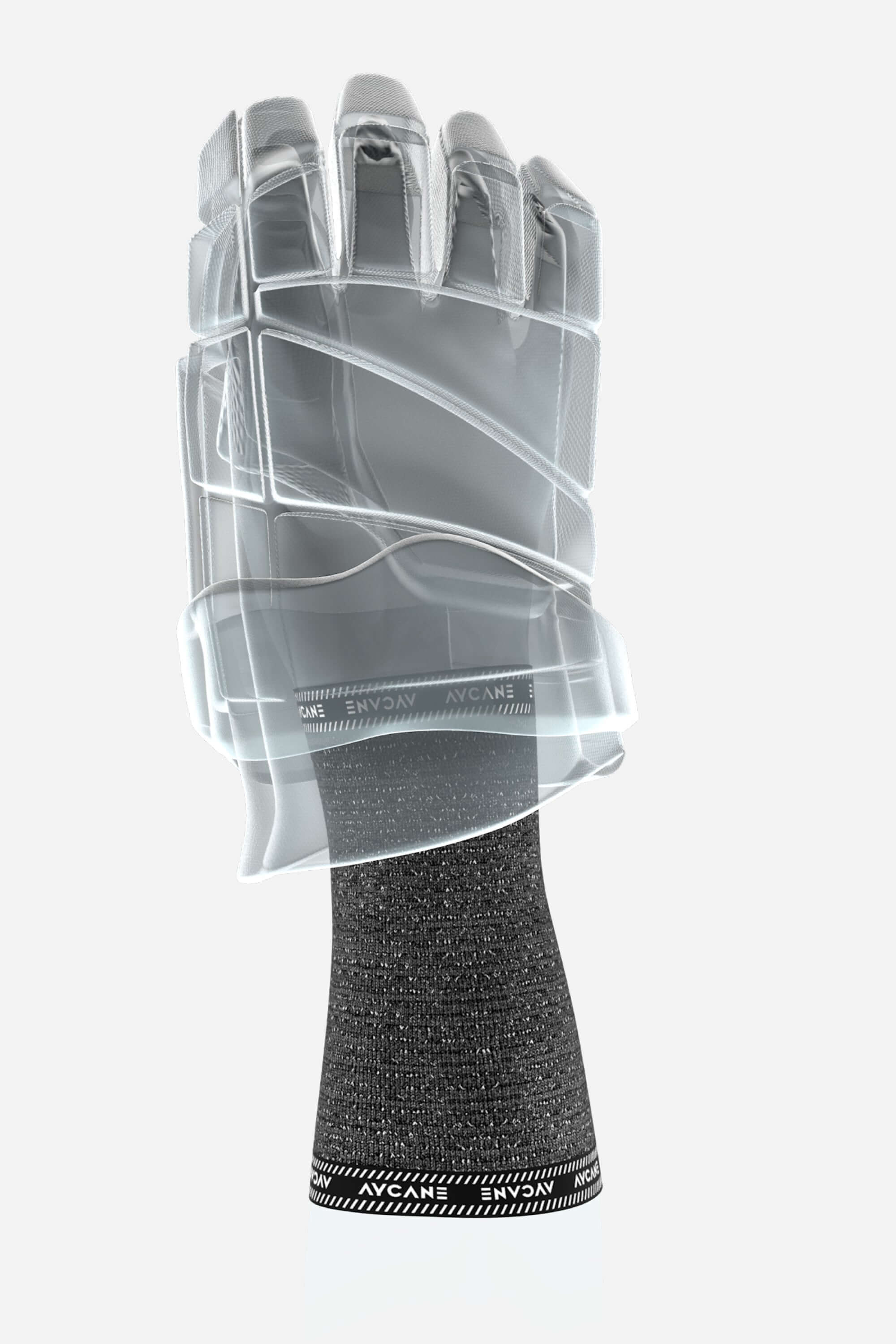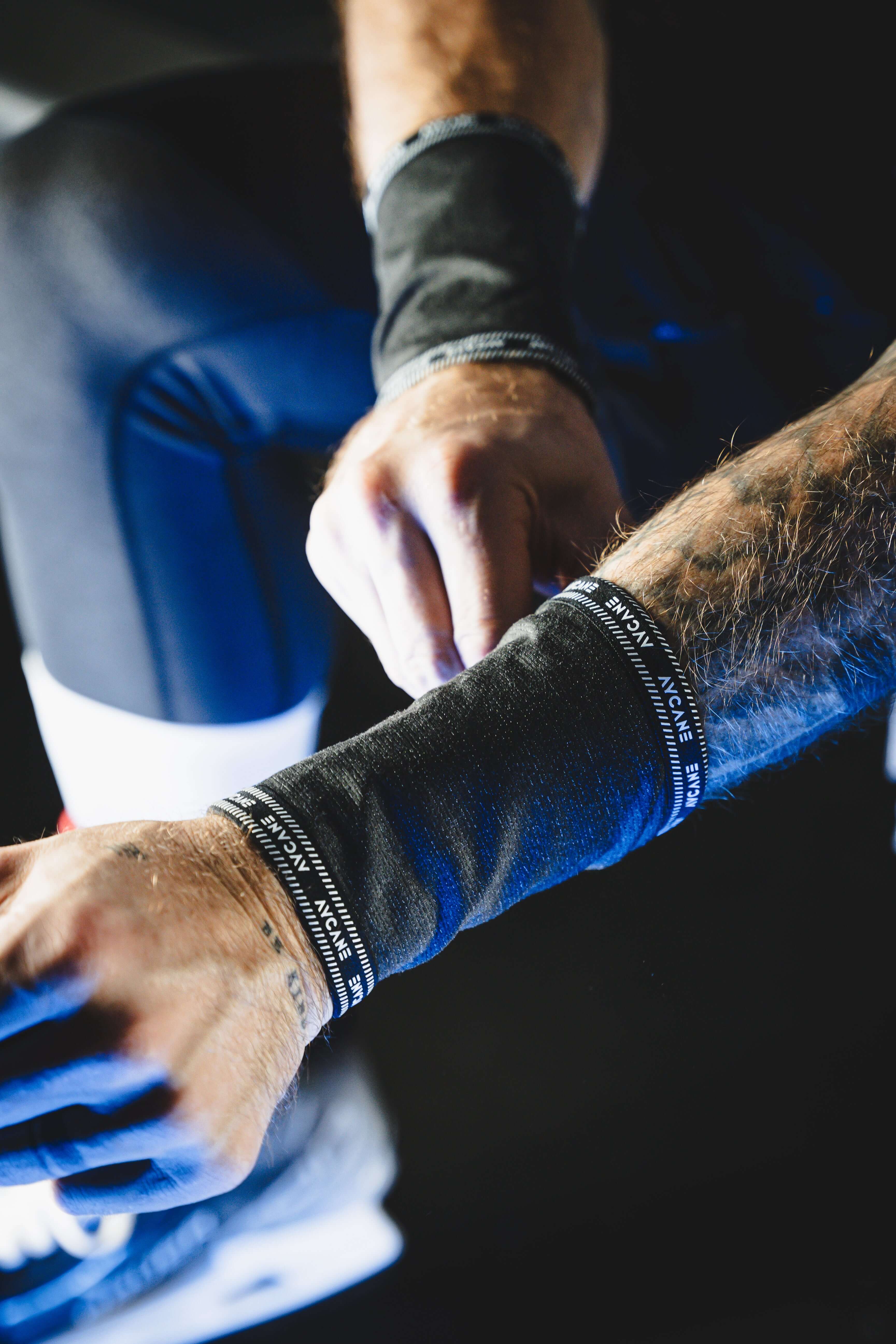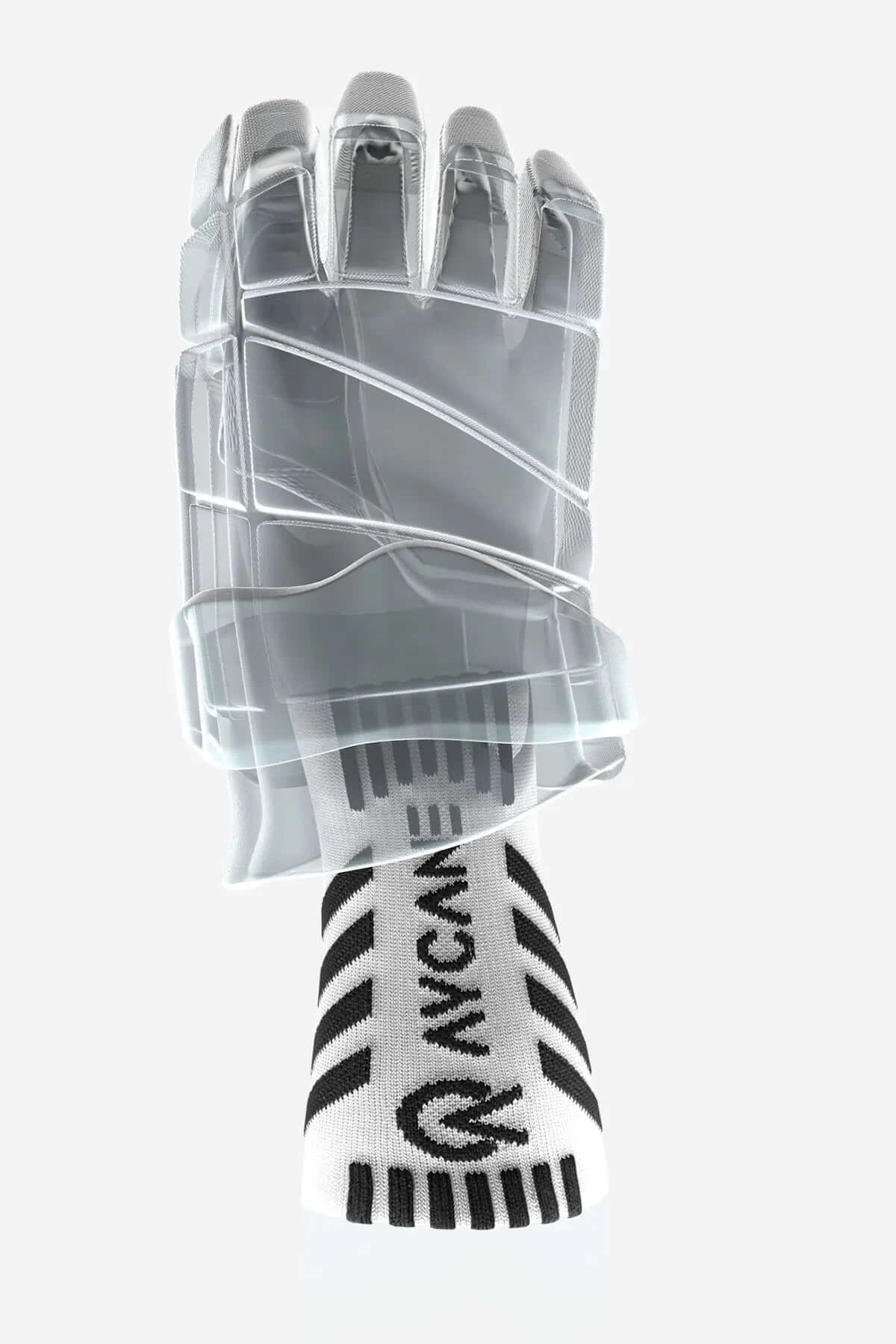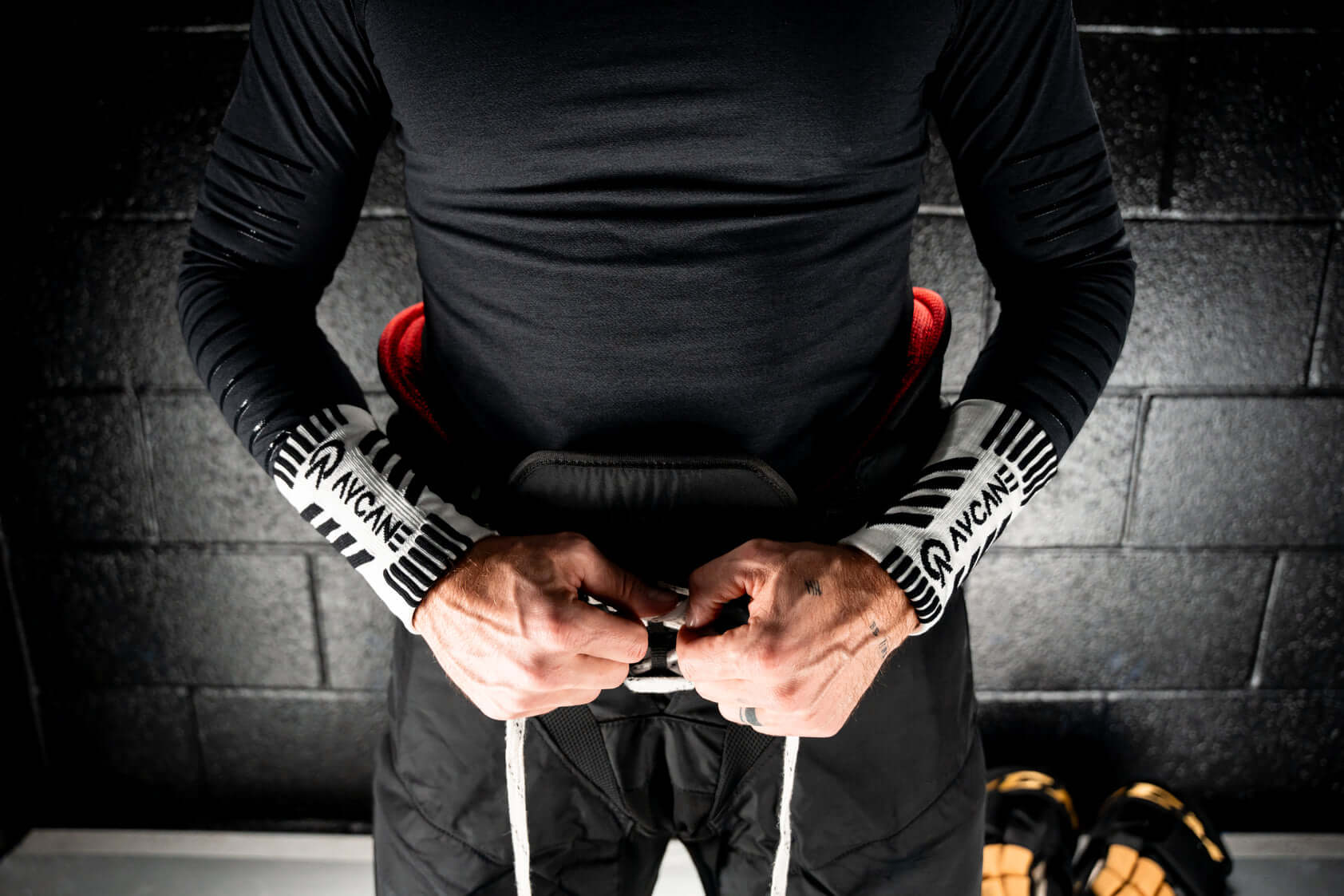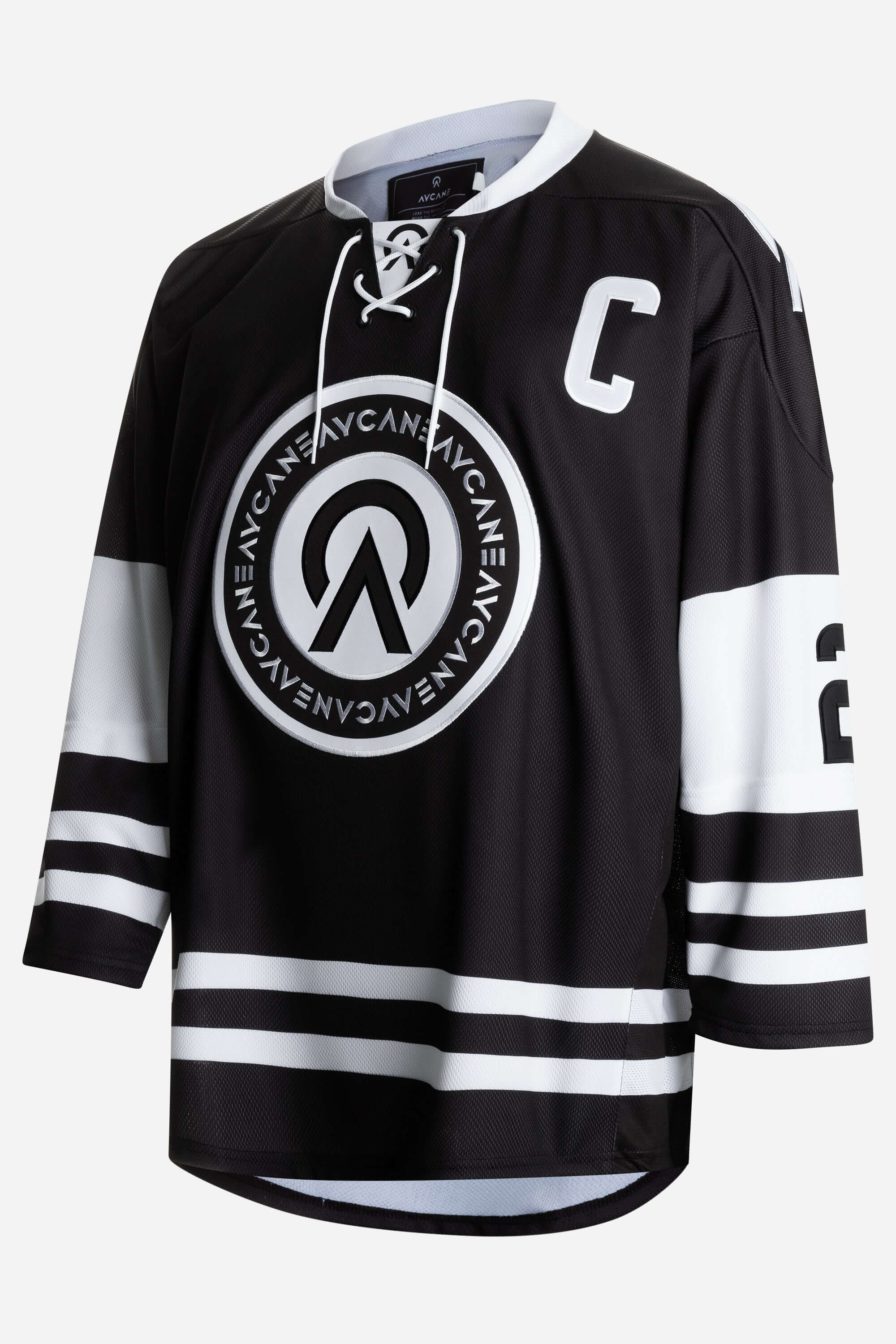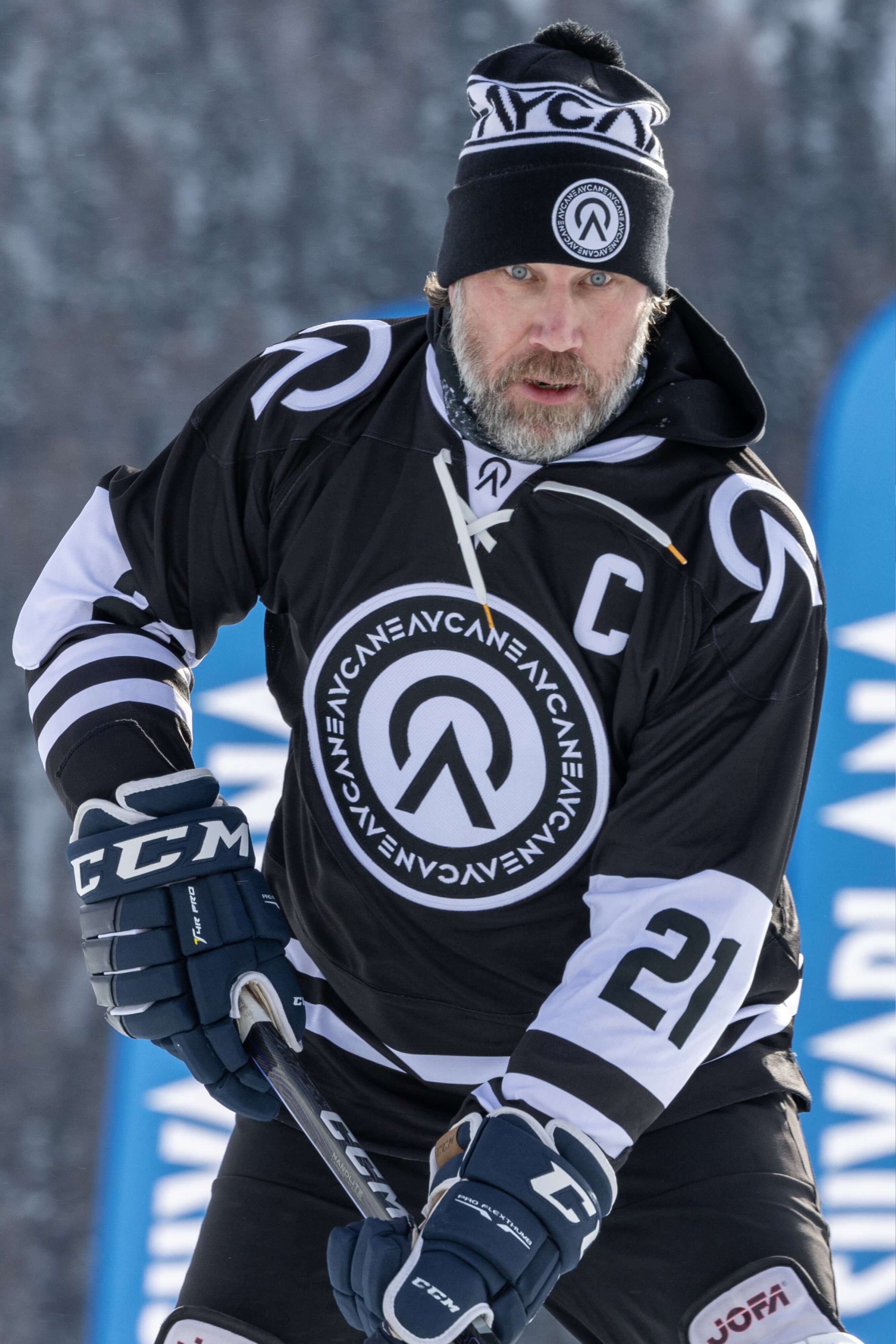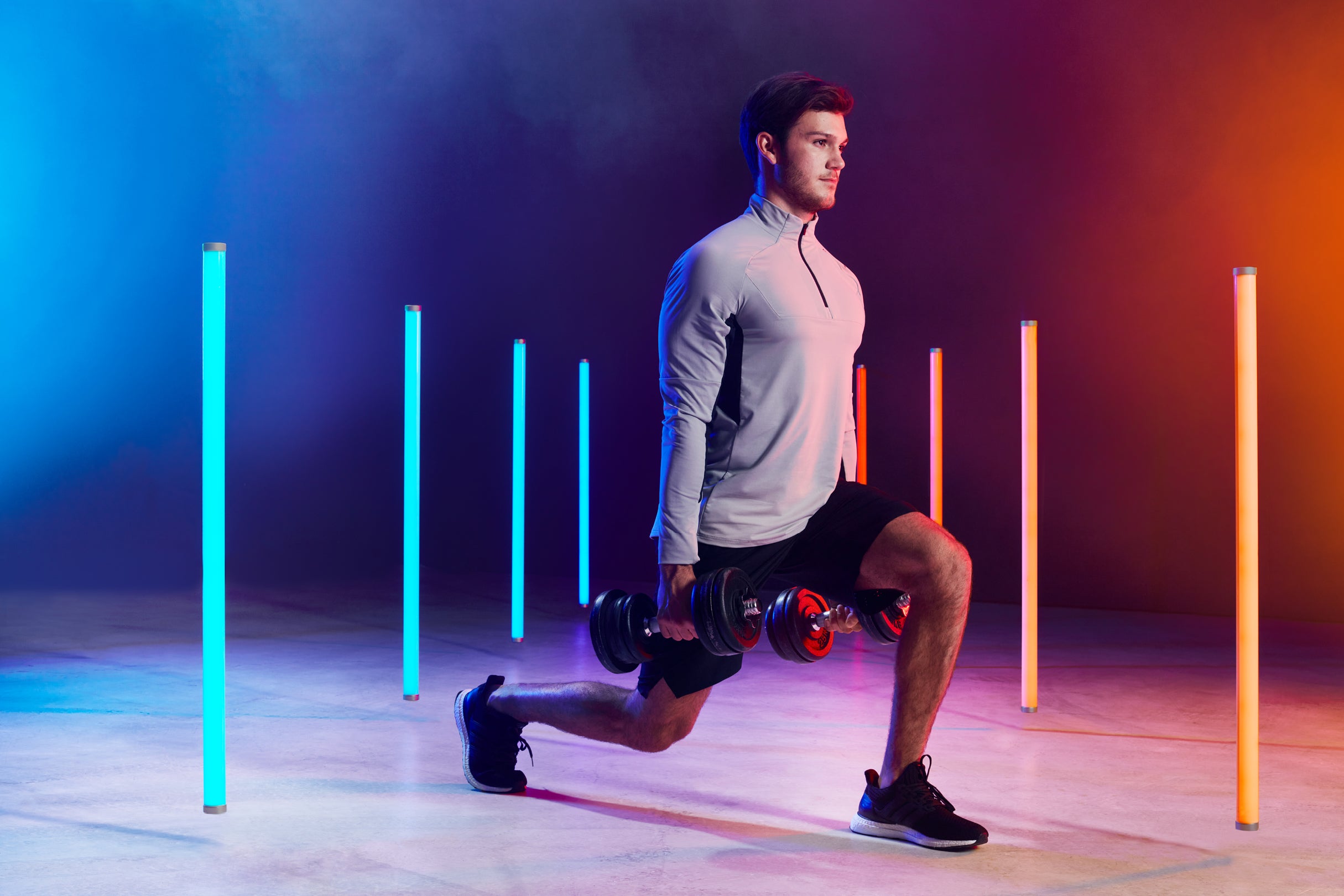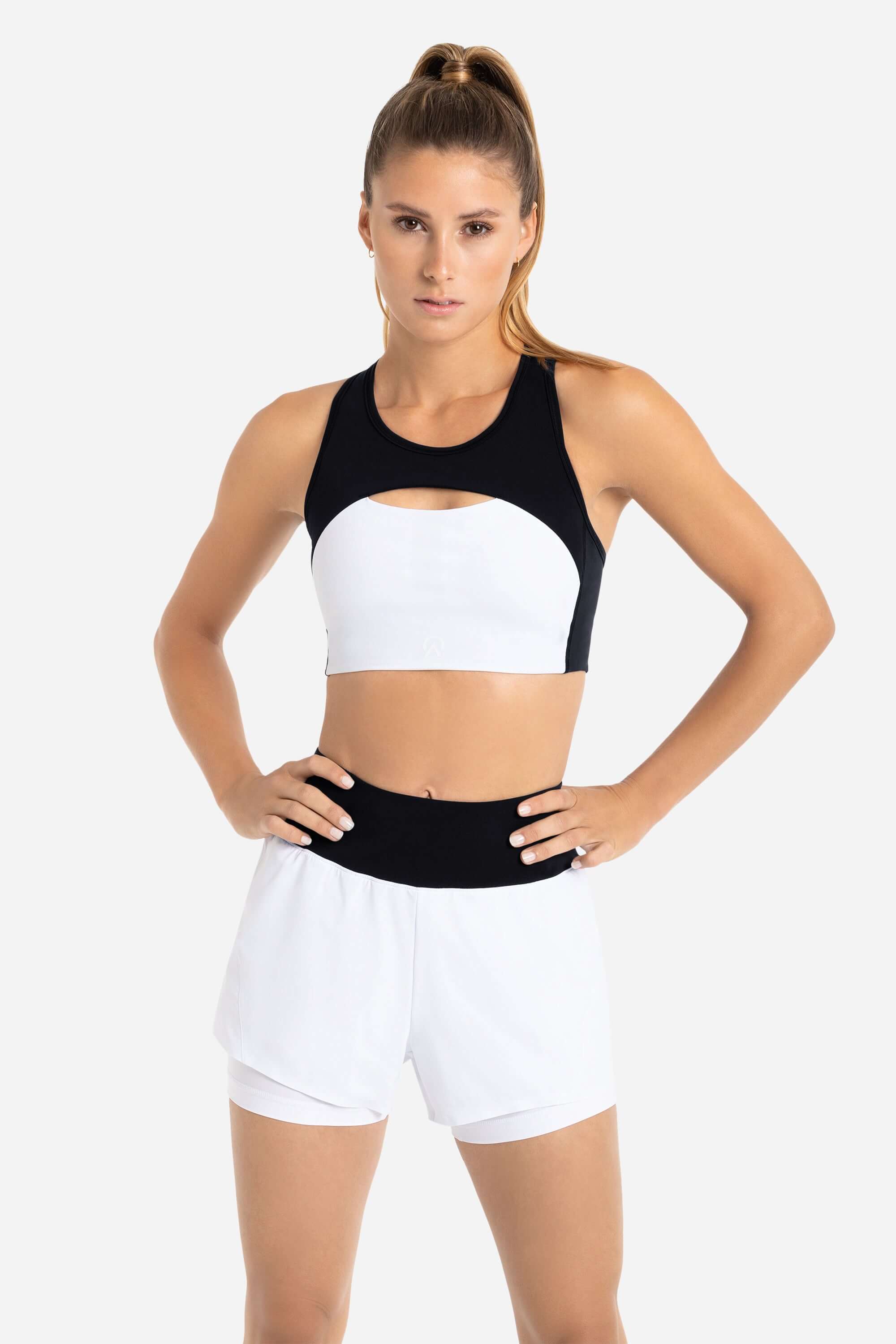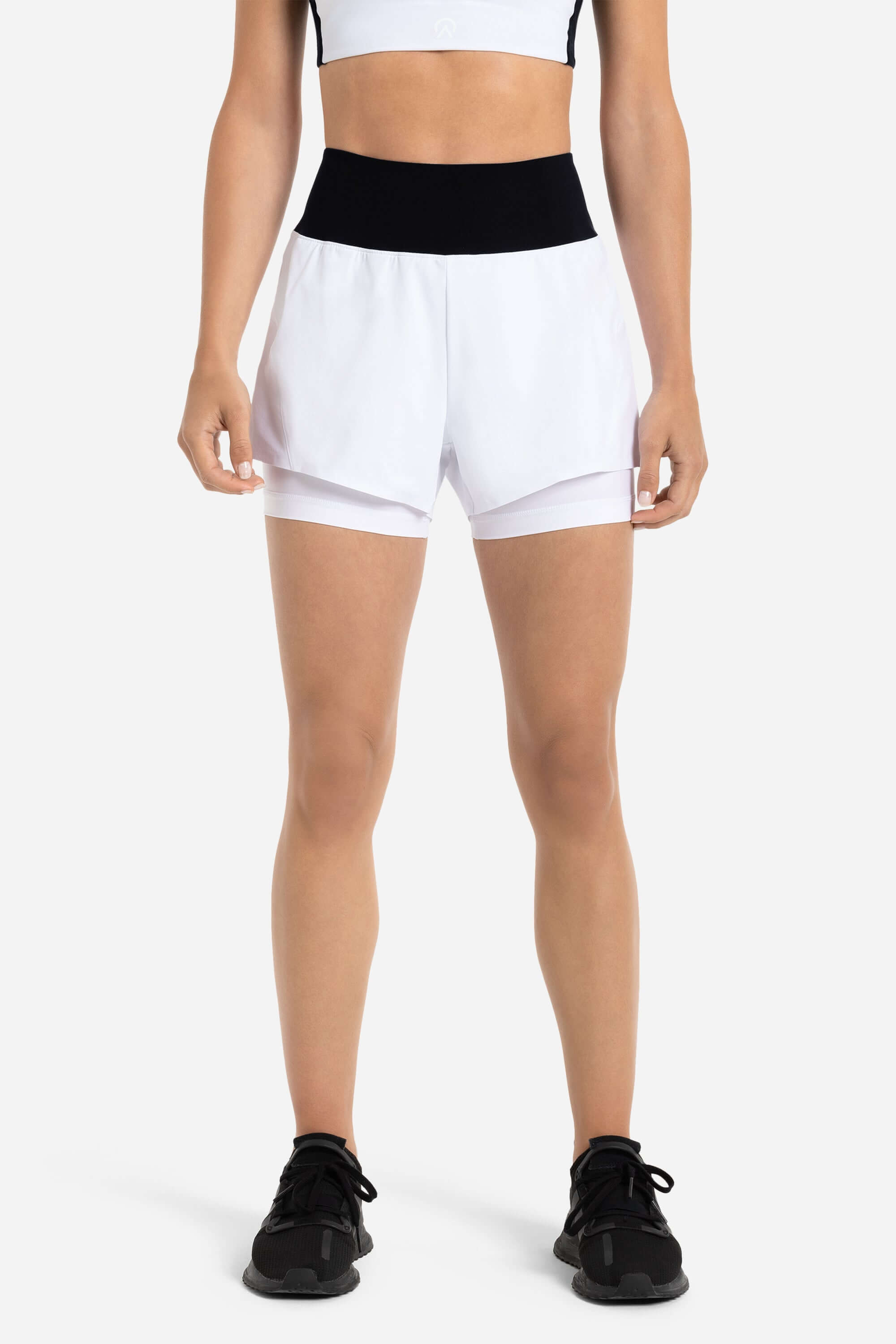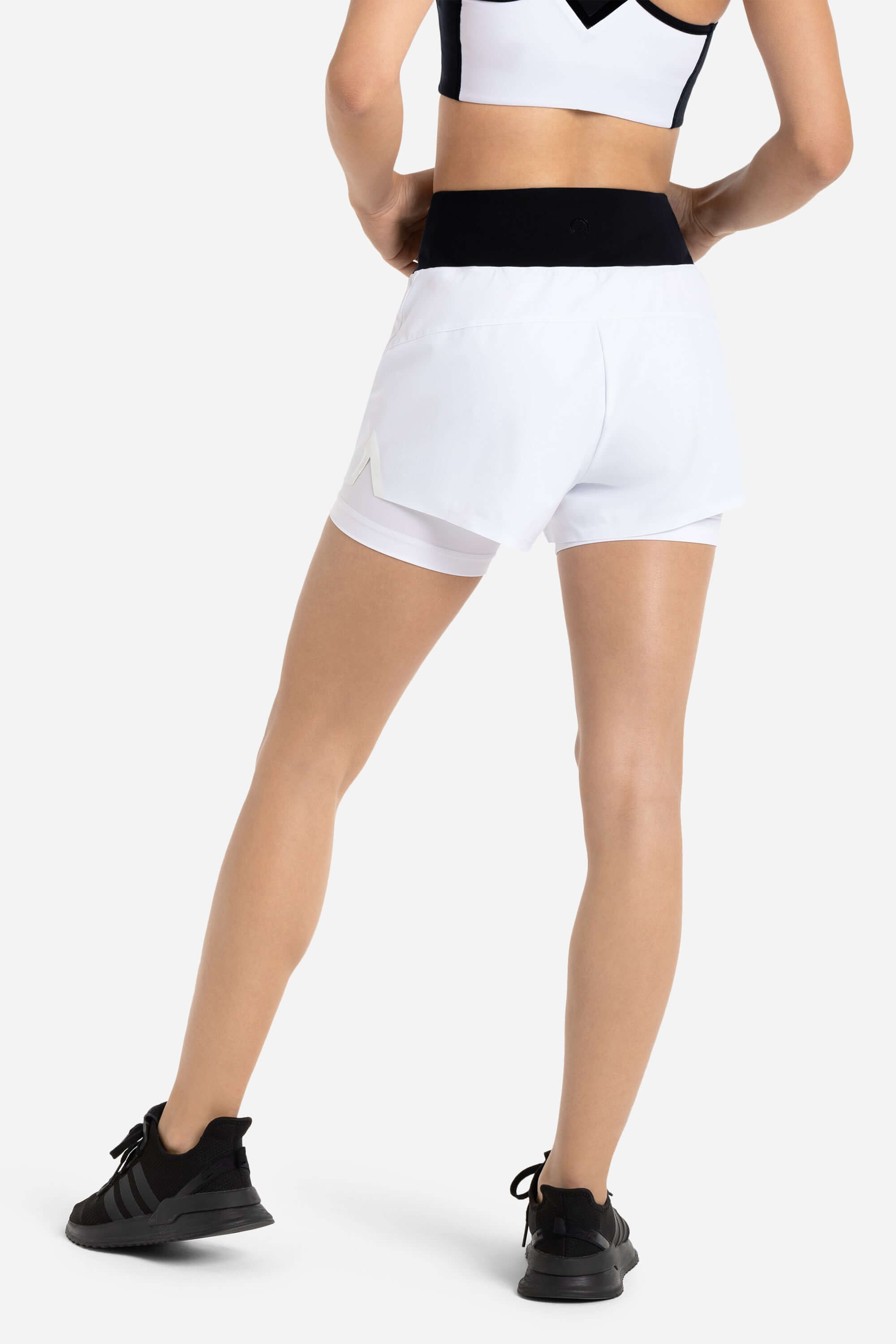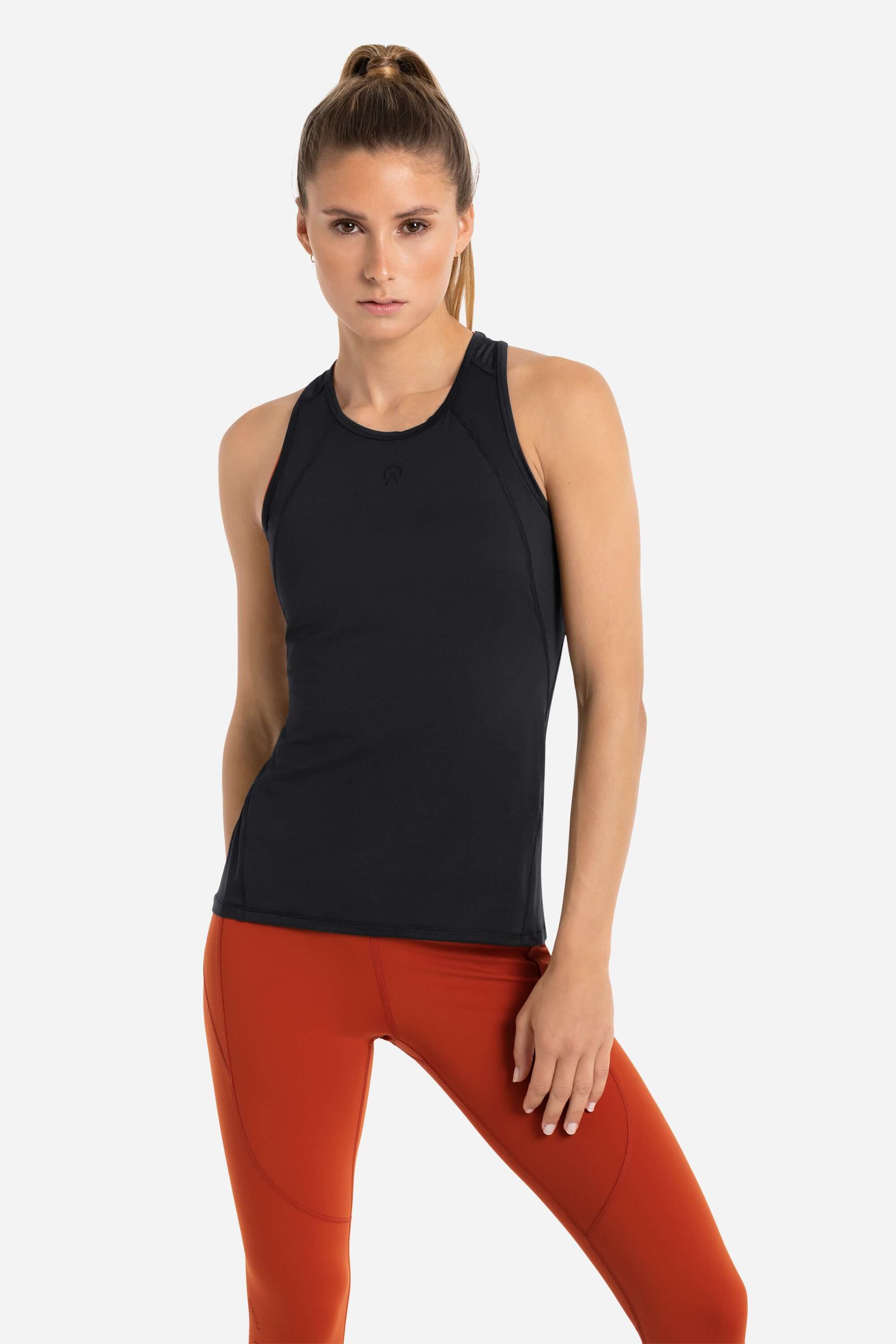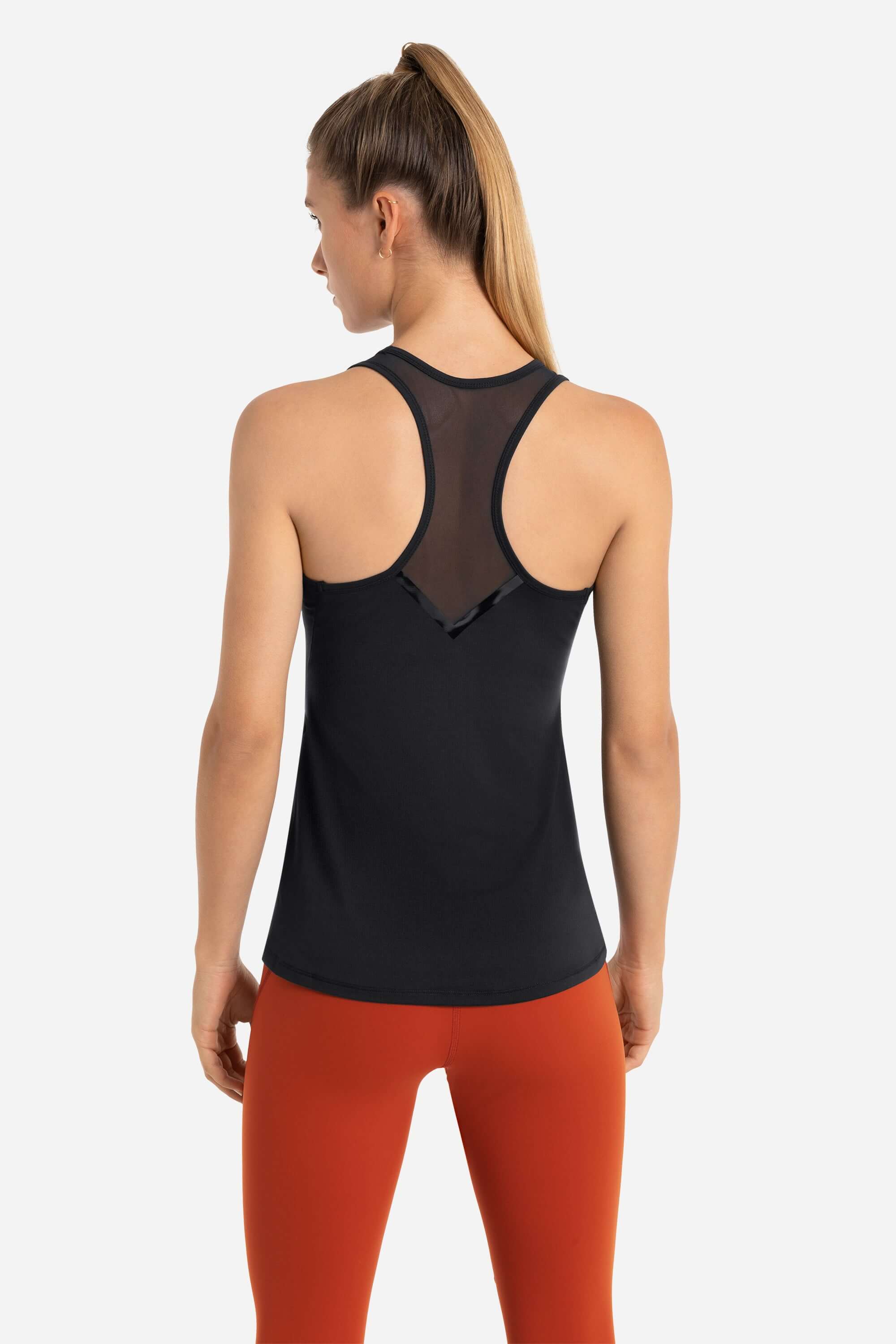Youth Hockey Coaching: Strategies for Developing Young Talent
Bringing up the Next Generation of Ice Warriors
Hockey is more than just a game; it's a passion that, for many, begins in childhood. As youth hockey coaches, we have the unique opportunity to not only teach the game but to instill a love for it that can last a lifetime. The key to success in this endeavor lies in adopting effective strategies for developing young talent.

Understanding the Age Group
Before diving into drills and techniques, it's crucial to understand the age group you're working with. Young players, typically under 12, are at a stage where they're developing basic skills, coordination, and most importantly, a love for the game. Our role as coaches is to nurture these aspects while ensuring that the environment remains fun and welcoming.
1. Focus on Fundamentals
The foundation of a great hockey player is built on mastering the basics. Skills like skating, puck handling, passing, and shooting are the cornerstones of the game. Emphasize these fundamentals in your coaching, but keep the drills varied and engaging to maintain the interest of young players. Remember, repetition is key, but so is keeping it fun.
2. Create a Positive Environment
A positive, encouraging environment is essential for young athletes. Praise effort and improvement rather than just skill and success. This approach helps in building their confidence and fostering a team spirit, which is crucial in a sport like hockey.
3. Teach the Value of Teamwork
Hockey is a team sport, and understanding the value of teamwork is vital from an early age. Encourage your players to support each other, both on and off the ice. Team-building activities and drills that require collaboration can be very effective in fostering this spirit.
4. Develop Decision-Making Skills
While structured drills are important, it’s also beneficial to include scenarios that require players to make decisions. Small-sided games or situational plays can be great for this. It helps young players understand the game better and become more intuitive on the ice.
5. Include Off-Ice Training
Physical fitness is a critical component of hockey. Incorporate off-ice training that focuses on general athleticism, strength, and conditioning. Activities like running, jumping, and balance exercises can greatly enhance on-ice performance.
6. Keep It Fun and Inclusive
Never lose sight of the fact that for kids, hockey should be fun. Keep practices lively, and make sure every child feels included and valuable to the team, regardless of their skill level.
7. Emphasize Sportsmanship
Teaching young players to respect their teammates, opponents, coaches, and officials is as important as teaching them how to play the game. Instill in them the values of good sportsmanship early on.
8. Continuous Learning for Coaches
Lastly, as a coach, you should be in a constant state of learning and adapting. Attend coaching clinics, stay updated with coaching strategies, and be open to feedback. The best coaches are those who are also willing to learn.
Closing Thought
As youth hockey coaches, our influence extends far beyond the rink. We have the opportunity to shape not just athletes, but also the character of the young individuals entrusted to our guidance. Let’s aim to develop skilled players, but more importantly, let’s strive to nurture a generation that loves the game and carries its best values.
Our friends at SkillShark Athlete Evaluations have rounded up the top 10 tryout drills to effectively evaluate your hockey players.
Remember, the future stars of hockey are in our hands today!

